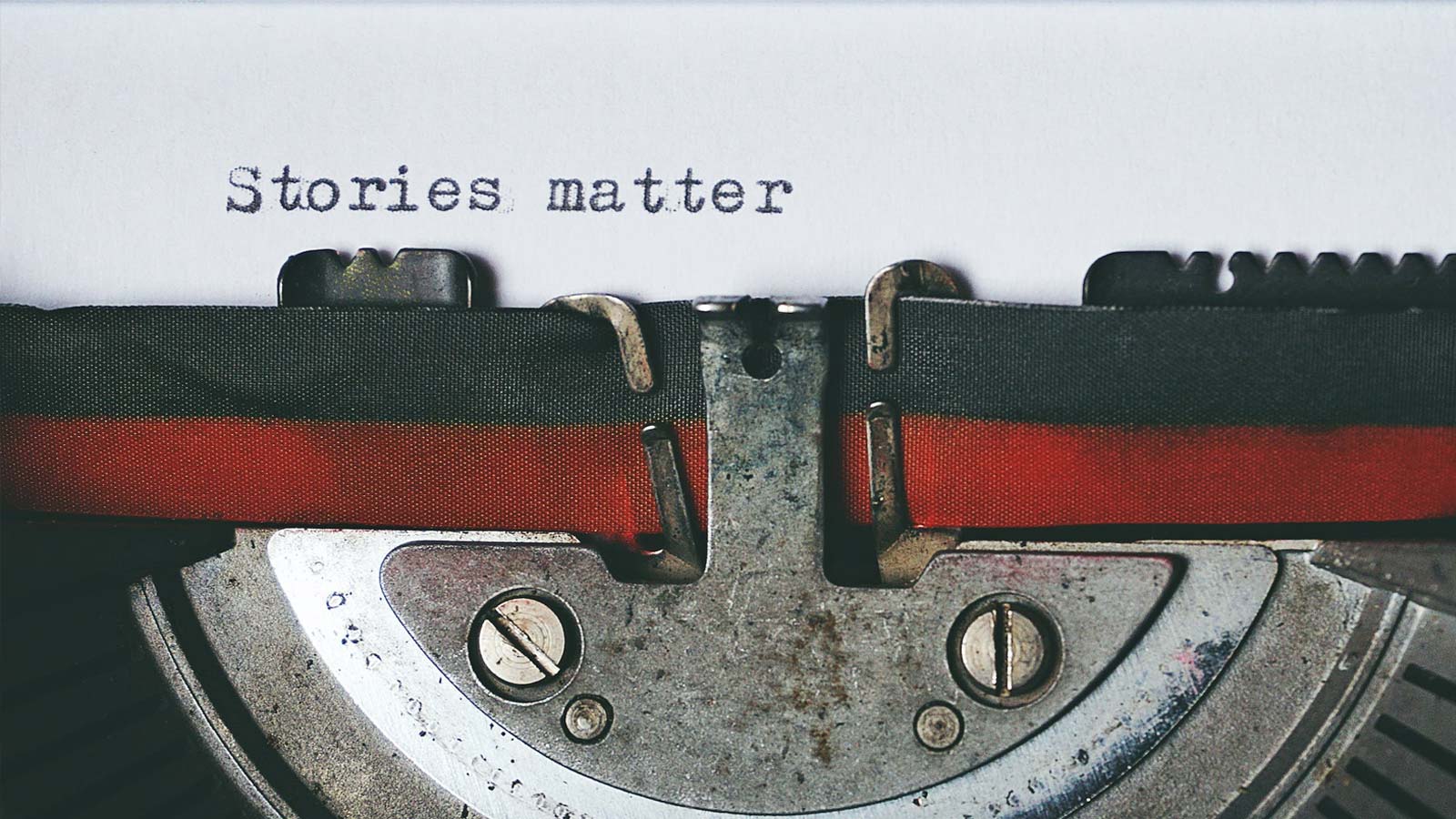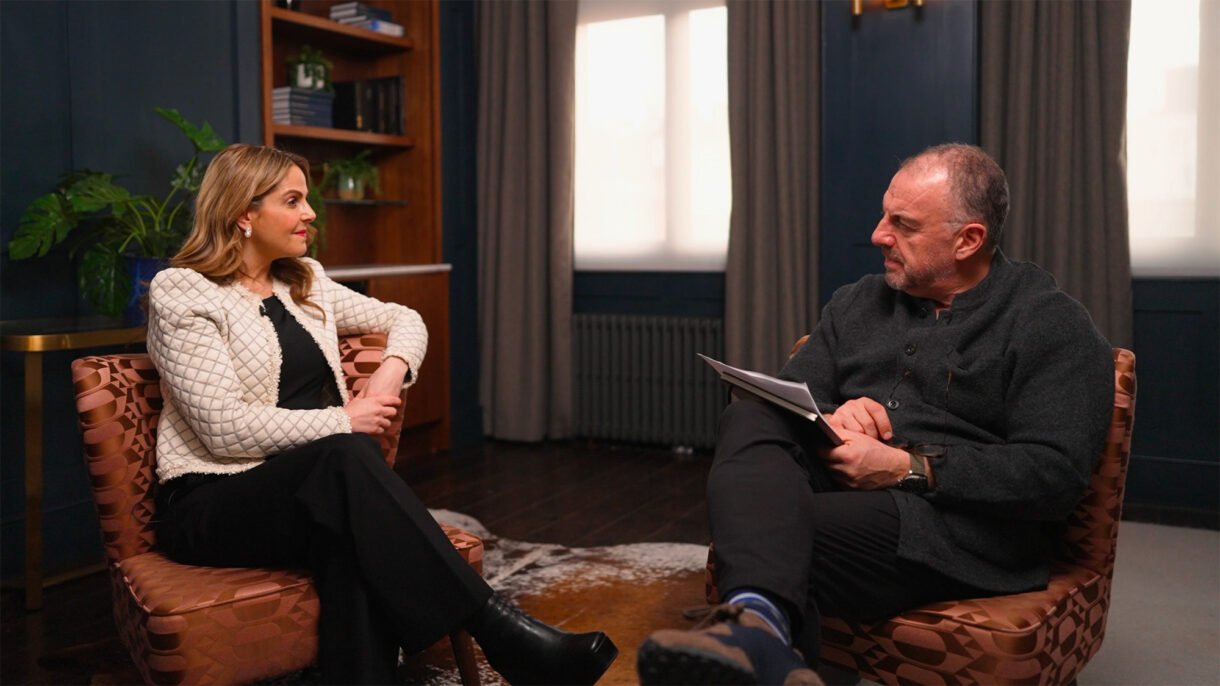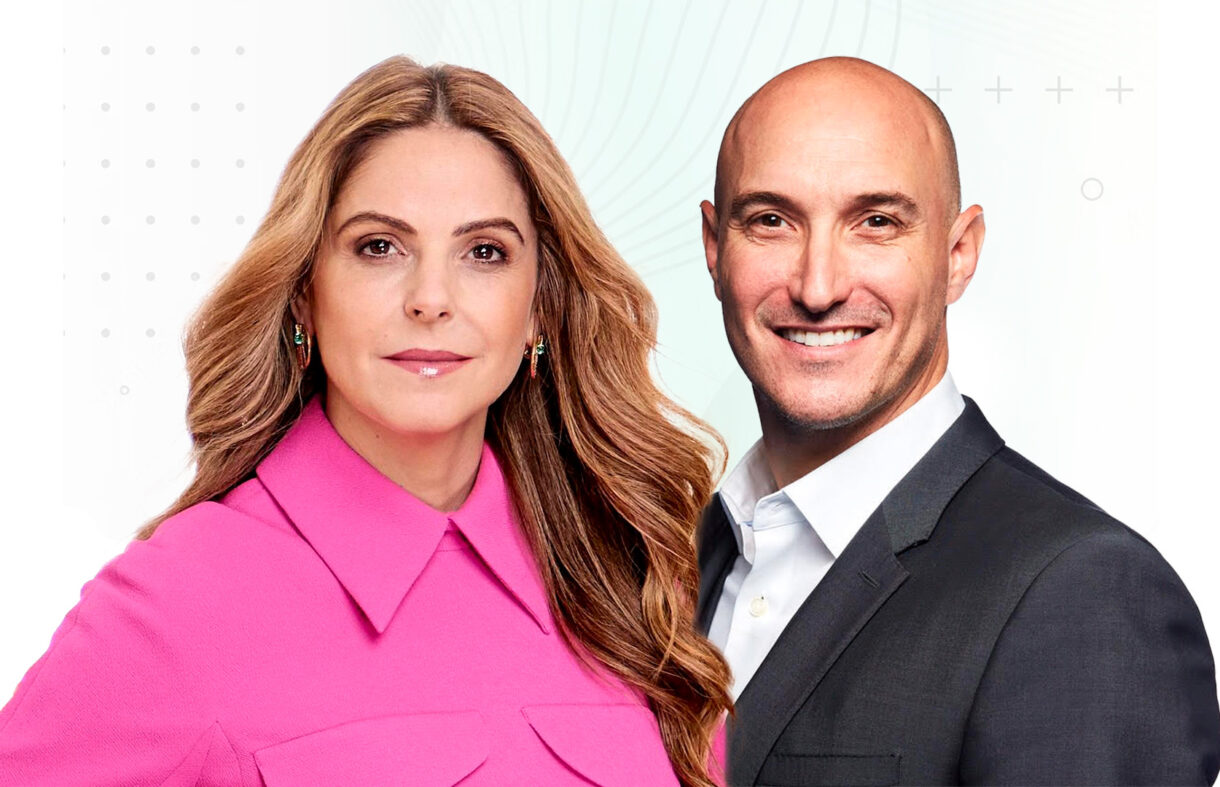We are telling ourselves and others stories all the time. Stories can be a few words or just non-verbal communication.
This post is not about good or bad stories but of how conscious I am of the kind of story I tell or hear. What is the impact my story is having? Why am I telling it? What difference does it make to tell a story with a clear intention and desired impact – to me and to others? What I love about this approach is that I can totally relate it to my own stories, the stories my clients share and other coaching models I have studied. There are three levels of stories: victim, overcoming and great stories that we can recognise in the themes and the experience we have of hearing the stories. I believe it is essential that we listen for these cues as coaches.
How often do I find myself relating events where I am the victim of circumstances? Often of really small things like the door getting jammed, or being delayed or my computer misbehaving… The list is endless. In these stories I place the power out there, and I see myself with few resources to change anything; the emotional state ranges from furious to desperate… Obviously I cannot change anything if I see myself powerless in the face of oncoming events. Listening to this story I may feel angry or sorry for the other person but I can also get impatient or bored.
Overcoming stories tell us about how we overcome obstacles and find the strength and determination to achieve our goals in the face of adversity. They are inspiring and energising and possibly exhausting. It can be tempting to want to stay there or to encourage our clients to feed this story. The issue is that I can get trapped into an infinite loop of victim and overcoming, with the underlying belief that life is a struggle where I have to fight. “I” becomes the focal point of power. I am connecting this kind of story with what we call Personality in Leadership Embodiment, there is a lot of effort to create a desired state, in which I understand my sense of self as separated, and I have to secure my sense of worth in reference to others.
The great story is a tale of synchronicity, where courage and vulnerability accompany a sense of maturity in the story-teller and in which there is something magical and mysterious about the way Life is weaving in something bigger than myself. As I witness this kind of story, I feel touched and grateful, in the presence of something sacred. In Leadership Embodiment I think we would relate this to my ability to feel the space, a self-organising and supportive field beyond myself, an infinite pool of resources.
I am going to pay much more attention to stories because I believe stories are our ways of making sense of our reality so we get to redefine who we are in how we choose to tell our story. Watch that space!
Stay up-to-date with our latest news:
Subscribe








